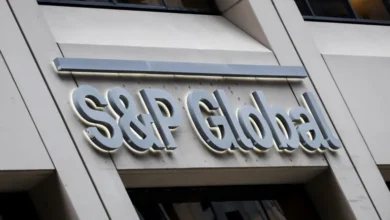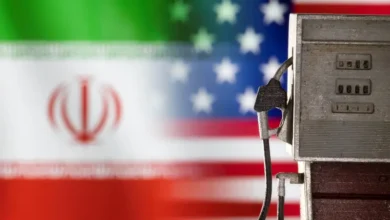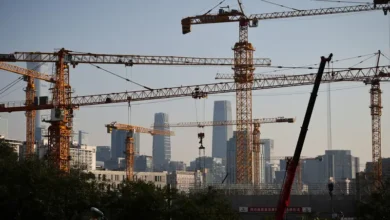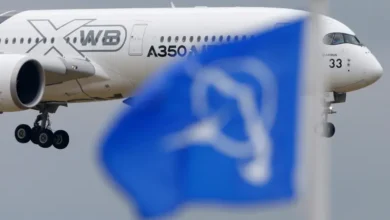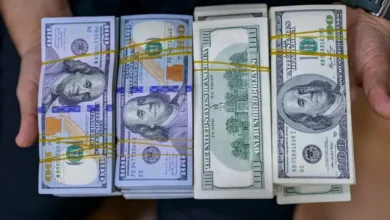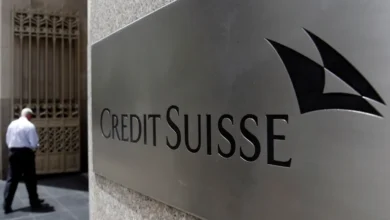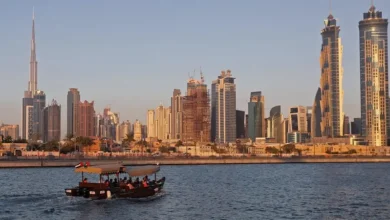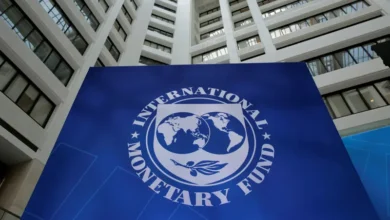Melinda French Gates says growing world debt woes need bold action now
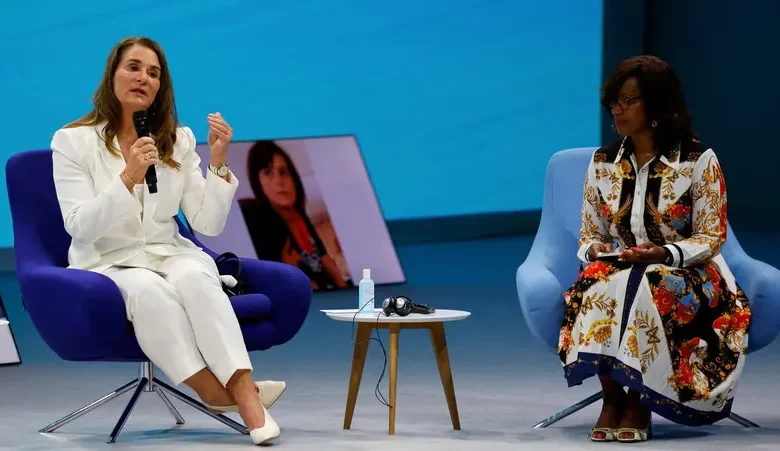
Melinda French Gates is urging world leaders gathering in Paris this week to take bolder action to reform the global financial system and offer a way out of growing debt woes for places like Africa.
In an interview with Bloomberg News, French Gates said too many African countries are emerging from the coronavirus pan-demic with debt loads that are forcing them to contemplate sacrificing investments in social programs with proven long-term benefits to make short-term payments. This also comes as they struggle to raise funds to confront climate catastrophes.
French Gates, 58, likened the dilemma to a life-or-death version of the choices families in the rich world have made in the face of the highest inflation in decades.
“You talk to those finance ministers, they’re saying ‘I have to make tradeoffs, just like a household has to make tradeoffs’,” the co-founder of the Bill & Melinda Gates Foundation said. “They’re in these terrible situations of making tradeoffs between ‘Do I continue to invest in those primary health clinics that are leading people to live healthier lives? Do I pull back on education? Where do I pull back, given I have to spend so much money servicing my debt?’”
French President Emmanuel Macron and Barbados Prime Minister Mia Mottley are convening the Summit for a New Global Financial Pact on Thursday to discuss how to create a more inclusive
successor to the western-led Bretton Woods institutions that have financed development and economic rescues since the 1940s.
Leaders and senior policymakers including Chinese premier Li Qiang, Brazilian President Luiz Inacio Lula da Silva and US Treasury Secretary Janet Yellen are scheduled to attend.
French Gates said she was hopeful that momentum was building for a global solution to the debt problems and to reform the International Monetary Fund and World Bank via a series of meetings this year, including this week’s summit.
She was also optimistic that the US and China could overcome geopolitical differences that have complicated Group of 20 efforts to hammer out a new set of global rules for creditors and debtors caught up in the debt throes. The pandemic, soaring food prices, higher borrowing costs and the stronger dollar — driven by the US Federal Reserve’s campaign against inflation — have worsened the burden.
Yet even as those talks proceed, French Gates, who established the foundation with her former husband, Microsoft Corp. co-founder Bill Gates, says she’s worried many rich countries including the US are increasingly inward-looking coming out of the pandemic.
Turning inward
“My biggest concern is that the high-income countries completely turn inward and just say ‘We have our own problems at home, so we’re just going to let that languish,’” she said.
The world is now too interconnected for citizens in the US or other rich countries to be able to ignore problems outside their borders, whether they be wildfires caused by climate change or the grow-ing number of people going hungry.
“It’s reminding people we are part of a global economy, like it or not,” she said. “We just have to call on the better nature of people and just say ‘Look, it’s not just about me at home, it’s about everybody.’”
French Gates said the IMF and World Bank are the best institutions to lead a new push to resolve the growing debt prob-lems in the developing world. She also endorsed a G-20 effort to draft new common rules to address how to handle debt relief.
But those institutions need urgent reform — and for shareholders to give them more financial resources, she said.
Wealthy countries also need to think more creatively by taking measures such as reallocating or on lending their share of $650 billion in new IMF reserves released in 2021 — known as special drawing rights — to poorer nations.
The institutions “have served us incredibly well,” French Gates said. “But the frameworks that are in place — as the G20 nations are expressing very vociferously — they aren’t working right now.”
The extra funding is also needed to close an even larger econom-ic gap left by the pandemic, which pushed some 70 million people into extreme poverty globally in 2020, according to the World Bank.
While rich countries spent 20 percent of their gross domestic product to prop up their economies and social services during the pandemic the equivalent figure for low-income countries was only around 3 percent, French Gates said.
Despite rising geopolitical tensions between China and the US and Western allies, any efforts to address debt problems and is-sues plaguing the developing world must include Beijing, she said.
“China has to be at the table,” she added, pointing to Chinese investment in Africa and its inescapable position as the largest creditor to many countries on the continent.
She also expressed confidence that Washington and Beijing could overcome their public differences and work together on things like securing debt relief and future funds for poor countries.
“The US does not want to be in a war with China. China does not want to be in the war with the US, right? So at the end of the day, there’s going to have to be some give and take,” French Gates said. “The countries will do the right things. I think it’s going to come out OK.”

